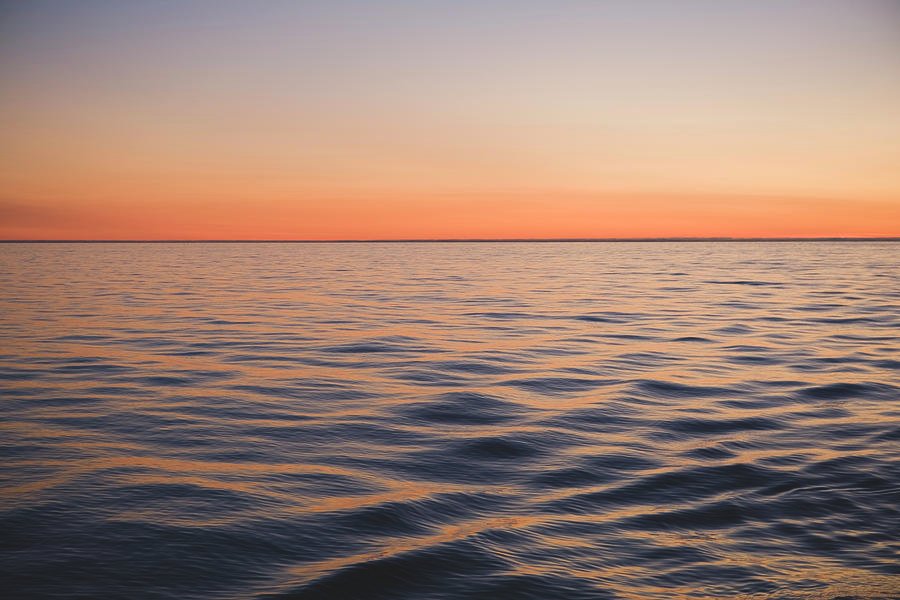The world shrinks when you dive into the sea. Air loses its meaning, and all that exists is the rhythm of your breathing in another universe. Everything becomes slower, denser, time itself seems to stop.
In a world that moves too fast, where news lasts minutes, conversations seconds, and screens never rest, diving becomes almost an act of resistance. The sea knows nothing of hurry. It forces you to match its rhythm, to control your breath, to accept that not everything can be mastered.
When you dive, you realise nature doesn’t revolve around you. You’re not the protagonist of anything; you’re just a small body floating within an immense ecosystem that works perfectly without you. That shift in perspective, as simple as slowing your breathing, might be exactly what we’re missing on land.
That’s why diving has become, for many, a way to rethink our relationship with the planet. It’s not just about seeing fish or coral, it’s about understanding silence as a form of connection. About learning to listen to what we usually ignore.
Yet, the more we seek that connection, the more we try to quantify it. New technologies allow us to map the seafloor, track marine life, and identify species through artificial intelligence. It’s fascinating and useful, but it also reveals a paradox: maybe we’re trying to understand the sea from a distance, when what we truly need is to experience it from within.
The sea can’t be fully translated into data. Some things simply don’t fit into charts: calm, fear, the vertigo of looking down and seeing no bottom. Perhaps what the ocean teaches us is this, that some places aren’t meant to be conquered, but breathed in.
Maybe the path to a more sustainable future begins with something as simple, and as difficult, as inhaling, exhaling, and letting the world keep turning without us for just a few seconds.





















